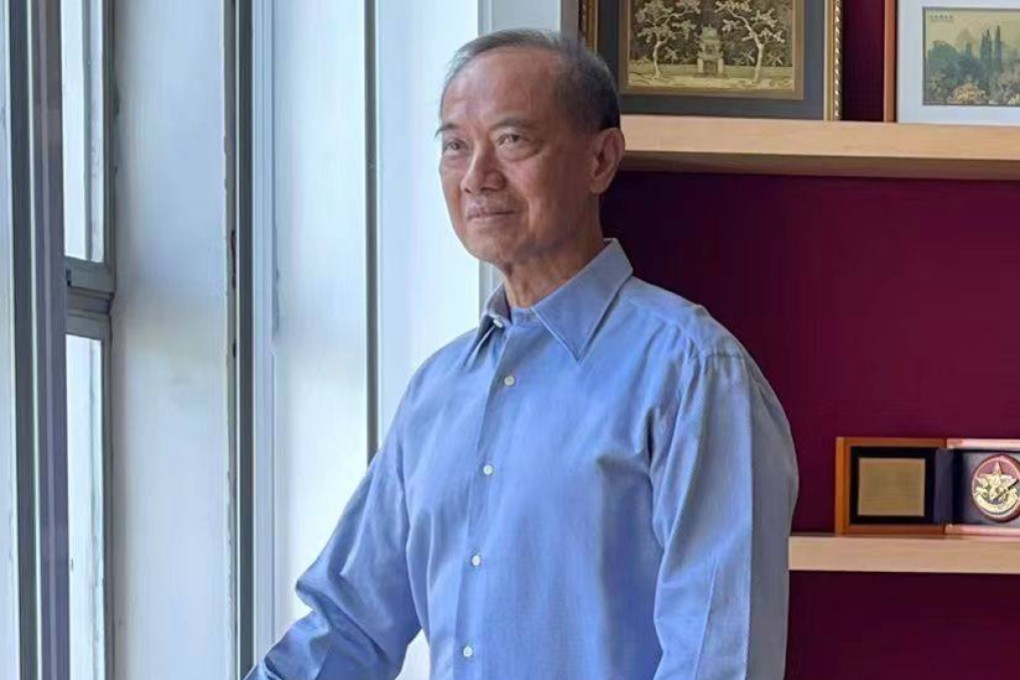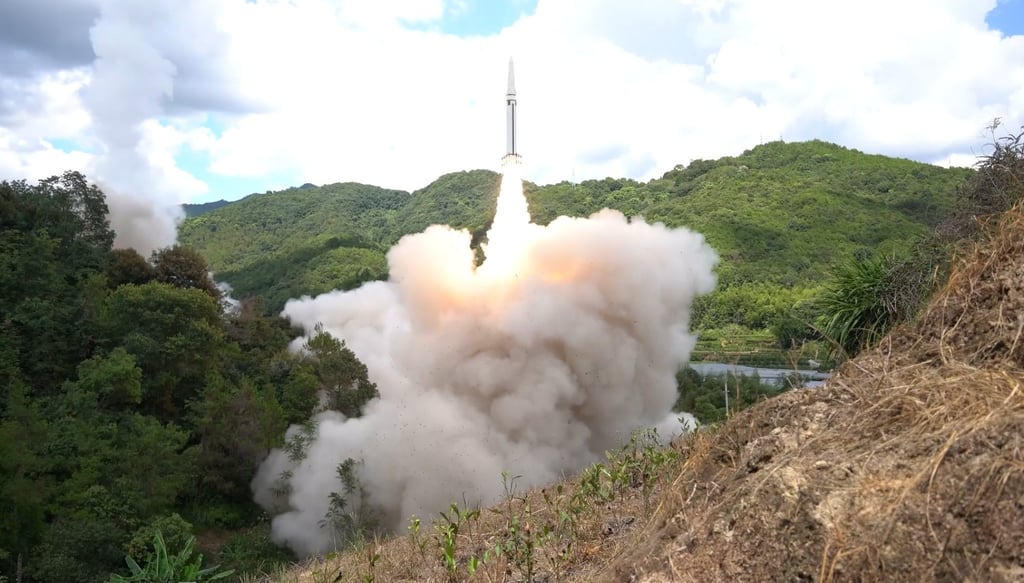Biden’s ‘weak’ leadership will trigger US-China conflict, Singapore ex-minister George Yeo says
- By constantly ‘poking the panda’ over Taiwan, the US will cause a conflict ‘which will explode in our faces’, the former foreign minister says
- But while deteriorating US-China ties are leaving Singapore ‘caught between a rock and a hard place’, Yeo says it is not the city state’s place to help counter Beijing

Constant provocation by the US will lead to “a bomb which will explode in our faces”, said Yeo, who is now a visiting scholar at the Lee Kuan Yew School of Public Policy at the National University of Singapore.

To prevent the relationship from deteriorating further, the White House has emphasised that the US Congress is an independent branch of government and that there is no change to Washington’s one-China policy.
Yeo said the US-China meeting at the G20 summit in Indonesia would force Washington to coordinate the policy positions of different government departments. But he noted: “China wants to lower the temperature, while the key concern of the US is the midterm elections.”
Speaking in a wide-ranging interview ahead of the launch of the first of his three-part book series, Musings, which is based on interviews with media veteran Woon Tai Ho, the former official added that the US decision-making process looked fractured due to Biden’s “weak” presidency.
